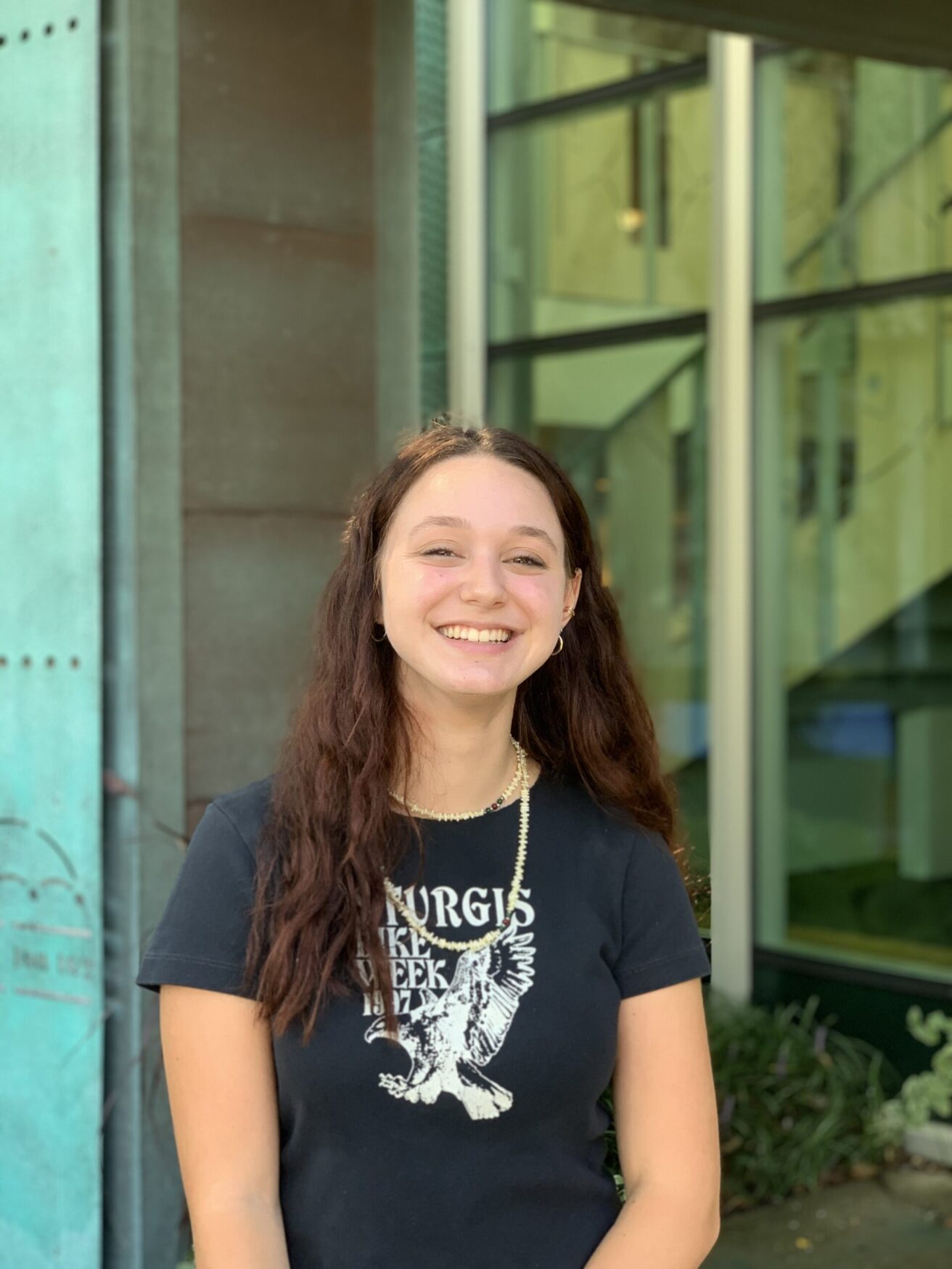What does it mean to be authentic?

I’ve found that I’m so connected with other people, through their emotions, experiences, opinions, even little catchphrases. Every conversation I have with a new person is like unlocking a new character in myself. And as I spend more time with a friend who uses their own catchphrase, I’ll start to unconsciously weave it into my language, too. When I sit down next to someone who’s just had the best day, I walk away looking at the world with a secret smile. If someone’s energy is down, it’ll drag me under with them. It’s like I can’t experience the world without taking bits from everyone around me.
And I started to wonder, is this authentic? If I’m feeding off of other people, feeling their energy, and matching it, what happens to my true self? In my research, I asked the question: “What does it mean to be authentic?” and “Is it possible to not change ourselves around others?”
I recently concluded lessons in my Social Psychology Global Online Academy (GOA) class and my questions about authenticity led me to chose to research authenticity and people’s effects on us for my final project, a self-study exhibition.
The answer I came to was that there is no true core of a person that isn’t shaped by those around you. Shifting and morphing to other people is a universally human experience.
For starters, people feel most authentic when they are conforming to social norms of what being a good socializer is. These norms consist of characteristics such as being extroverted, emotionally stable, conscientious, intellectual, and agreeable. Even if these aren’t traits that come easily or naturally to a person, they still feel most themselves when exhibiting these personalities. The benefits of authenticity come from feeling authentic, not truly being authentic, since acting authentic is not a pinpointed quality. We are all made up of external experiences; families, backgrounds, friends, environments. We are collages of everyone and everything that has ever been in our lives. So, there is no self untouched by external forces, meaning there is no “true authenticity.” People reap the benefits of authenticity (feeling more confident, a higher satisfaction in life quality, etc.) when they feel authentic, not when they are authentic.
The research I read had lots of different opinions on the definition and reality of authenticity, but this conclusion was my own collection and interpretation of the data and definition of authenticity. Overall, the idea of a “true self” is prominent in Western culture, but isn’t a true ideal. As people, we are changed by everyone that surrounds us. We heavily rely on those around us to make up our identities, and ultimately, they craft us into who we become. Those around us can shift and mold us, and we end up a collective memoir of who we have known and who we want to be.


